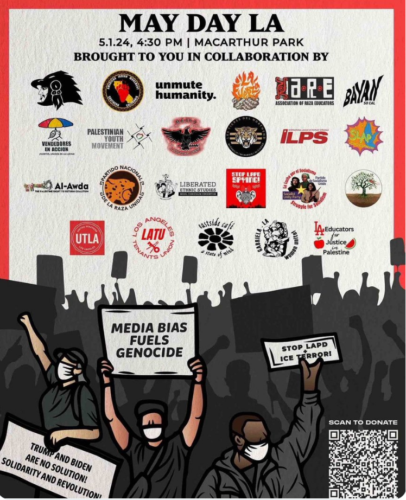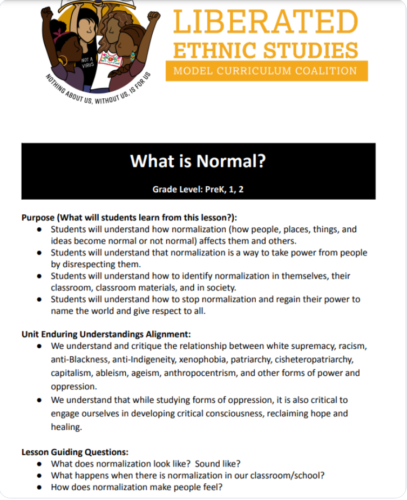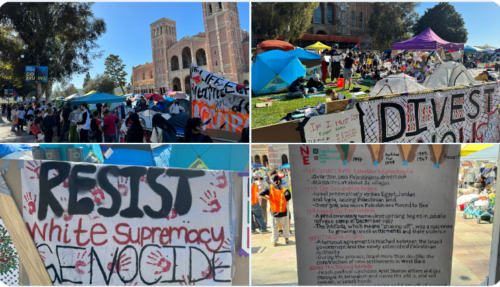I’ve previously cited the advice given to writer Arthur Koestler (‘Darkness at Noon’) by Stalin’s master propagandist, Willi Munzenberg, in the days when Koestler was stil a Communist:
Don’t argue with them, Make them stink in the nose of the world. Make people curse and abominate them. Make them shudder with horror. That, Arturo, is propaganda!
See also this post about memes, in which I note that:
A very high proportion of political memes today would cause Munzenberg to nod in approval.
Searching to an unrelated post the other day, I ran across this 2007 post from CB author Helen:
Munzenberg was a German Communist, one of the few from a working class background. He was a deputy in the Reichstag and the owner of two newspapers and a publishing firm. He was also the most skilled propagandist the Soviet Union and its cause ever had. He did not write propaganda, he organized it, setting up hundreds of committees, using front organizations to run other front organizations, inspiring intellectuals to become fellow travelers and to manipulate other, innocent and ignorant intellectuals. In other words, he was the man who created the atmosphere in which it is considered to be normal to be on the left of the spectrum and intensely moral to support some of the worst tyrants in the world, as long as they seem to be a left-wing cause.
As Stephen Koch, author of Double Lives wrote in the New Criterion:
He wanted to instill the feeling, like a truth of nature, that seriously to criticize or challenge Soviet policy was the unfailing mark of a bad, bigoted, and probably stupid person, while support was equally infallible proof of a forward-looking mind committed to all that was best for humanity and marked by an uplifting refinement of sensibility.
Before 1933 he had been enormously successful in his organizational activity with his biggest achievement being the Sacco-Vanzetti case or, rather, the political activity around it. He took the case of two obscure Italian anarchists who had been accused of robbery and murder (of which Sacco was almost certainly guilty and Vanzetti possibly innocent) and turned it into a left-wing cause celebre, achieving two things.
The campaign pulled together disparate left-wing and well-meaning individuals and organizations under covert Communist control, in the process destroying the anarchist movement in the United States.
Secondly, it countered the potent myth of the Open Door and the American Dream for immigrants, a rival myth to that of the Soviet utopia, by creating an image of America of a murderous, xenophobic society that destroys innocent immigrants if they happen to have the wrong political view.
We can date the irrational anti-Americanism so prevalent in Britain, Europe and the American left from that campaign. Munzenberg’s work lives on.
Whether or not the above overstates the long-term influence of Munzenberg and the Sacco-Vanzetti case…after all, there were a lot of other influences and factors in play…Stephen Koch’s point is surely a good description of the climate that so much of the media and of academia have been working diligently to create and to impose.


